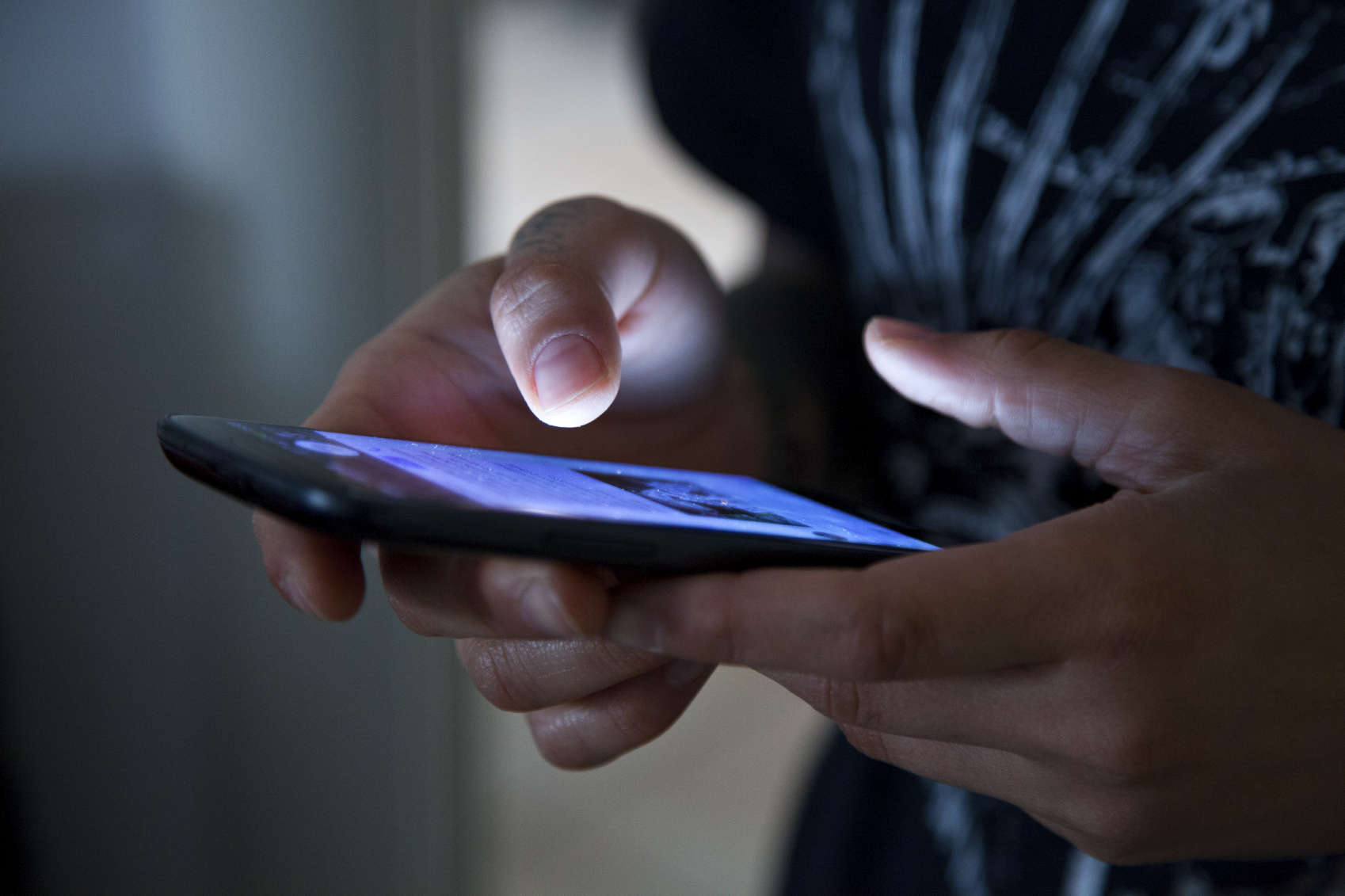Phone security: get switched on
Keep your money, identity and personal information safe
Have you ever left your phone behind? It’s an odd feeling—like part of you is missing. And even though you’ll only feel right with it back in your hand, if your phone’s secure you’ll have peace of mind that your money and identity are safe in the meantime.
Make sure your phone’s not susceptible to viruses and, if lost or stolen, that your private passwords, banking details, emails, contacts, browsing history, photos and more are safe. Here are ten tips for protecting your phone:
- Put a password on your phone and make sure it automatically locks after a few minutes.
- Put a PIN on your SIM card to prevent it being used in another phone—explore your phone’s settings or ask your provider if you’re not sure how to set a PIN.
- Think twice before allowing external access to your information, including via location services—if information about you or your phone become accessible, your security could be at risk.
- Use websites and apps you can trust and always read permission requests before installing new apps and upgrades—otherwise your phone could become accessible to an external party and susceptible to viruses.
- Check your phone bill for unusual charges—if your phone has been infected with malicious software it may be misused.
- Install operating system updates as soon as they’re available—recommended by the government’s Stay Smart Online initiative.
- Turn Bluetooth off and keep your phone undiscoverable so it’s visible only when you need other devices to see it.
- If using Wi-Fi ensure your security by using an encrypted network that requires a password.
- Set-up your phone so you can back-up your data at home—that way you won’t lose everything if your phone is lost.
- Every phone has a unique international mobile equipment identity (IMEI) and you may be able to find yours by keying in *#06#. Note it down in case your phone is stolen—it may help your provider stop your phone being used.
A lost phone doesn’t have to bring on an identity crisis. Use our tips to protect yourself. And if your phone does get lost, contact your service provider—they may help you save a lot of time and money by erasing your information remotely and barring calls from your phone.
Important note: © AMP Life Limited. This editorial provides general information and hasn’t taken your circumstances into account. It’s important to consider your particular circumstances before deciding what’s right for you. Although the information is from sources considered reliable, AMP does not guarantee that it is accurate or complete. You should not rely upon it and should seek qualified advice before making any investment decision. Except where liability under any statute cannot be excluded, AMP does not accept any liability (whether under contract, tort or otherwise) for any resulting loss or damage of the reader or any other person.



